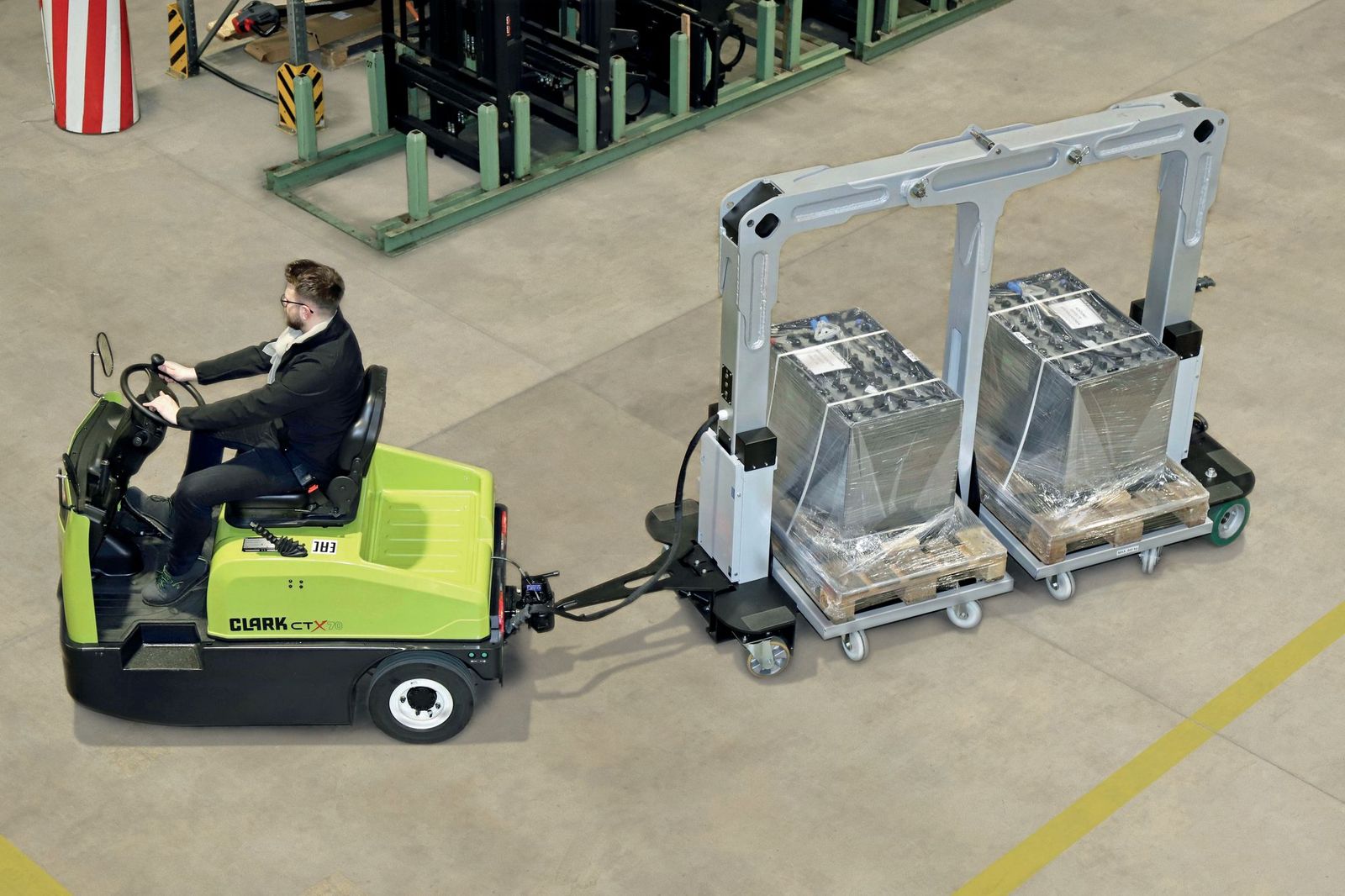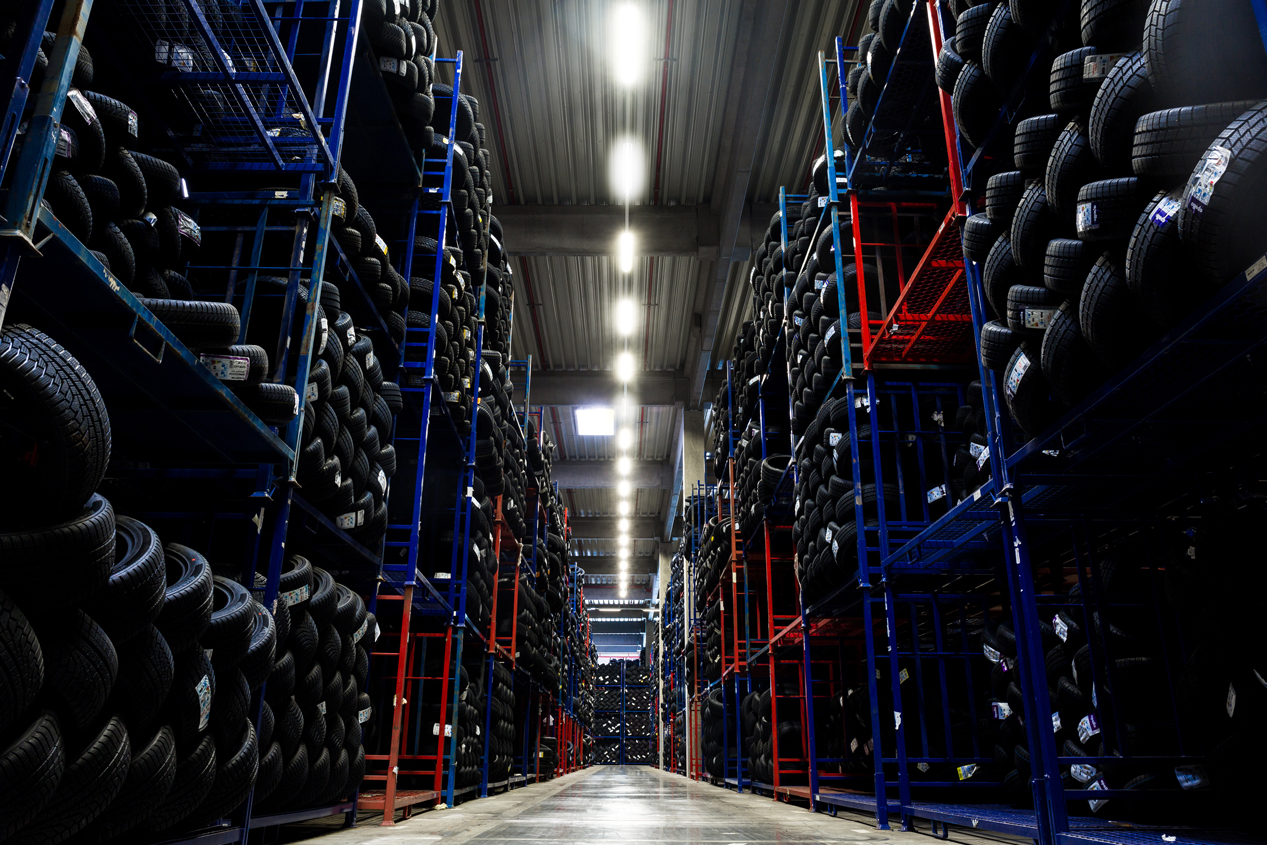Solar panels have been installed on 76 new refrigerated trailers of ECS, a leading European logistics supplier of intermodal transport and integrated supply chain services. The solar panels will contribute to ECS’ vision of Creating Sustainable and Reliable logistics significantly reducing the refrigeration units’ fuel consumption and carbon footprint.
“Thermo King ThermoLite™ solar panels provide a sustainable power management solution for reefer units, increasing the battery life while reducing fuel consumption and CO2 emissions,” said Samer Hawat, area sales and service manager Belgium and Luxembourg at Thermo King. “Equipped with solar panels, ECS’ refrigeration units will have a source of sustainable power on the road, which will increase the company’s operational efficiency, reduce their environmental footprint and contribute to the strategic sustainability goals.”
“As a Logistics service provider, ECS recognizes the environmental impact of our business and takes the responsibility to reduce this impact as much as possible. Focus and improvement in environmental sustainability has always been part of our daily operations and business decisions,” said Jonas Van Den Broucke, technical fleet manager at ECS. “Our relationship with Thermo King goes back over 20 years and they have always excelled in providing us with reliable, cost efficient products and experienced service. When they advised us to consider the solar panels for our refrigerated trailer fleet, we had to give it a try.”
Before committing, ECS performed a six months field test, monitoring four Thermo King refrigerated trailers with ThermoLite™ solar panels on four different routes across Europe. The Thermo King TracKing system allowed for remote tracking of battery charge levels and fuel consumption. ECS compared the results with the performance of four other units in their fleet, on similar routes but without the solar panel. The field trial proved that the installation of ThermoLite™ solar panels can allow ECS to save even 1 000 liters of fuel per year, on one trailer unit.
Following the test, ECS decided to install ThermoLite™ solar panels on their 76 new refrigerated trailers. ECS expects the solar panels to improve uptime of their new fleet and estimates to save 76 000 liters of diesel per year. ECS also calculated that the installation of the solar panels will reduce their CO2 emissions by 2 000 tons in 10 years.
ThermoLite solar panels ensure that the refrigeration unit’s battery remains continuously charged, extending the battery life and preventing its deterioration. By reducing the operation hours of the unit’s engine the solar panels also contribute to extending the maintenance intervals. Paired with telematics, they allow the fleet managers to be in constant contact with their trailers and access critical unit data at any time to ensure that the load is protected and the unit is running efficiently.
Thermo King ThermoLIte™ solar panels contribute to Trane Technologies 2030 sustainability aspirations, and the commitment to reduce customers’ carbon emissions by one gigaton – equivalent to the annual emissions of Italy, France and the United Kingdom combine




